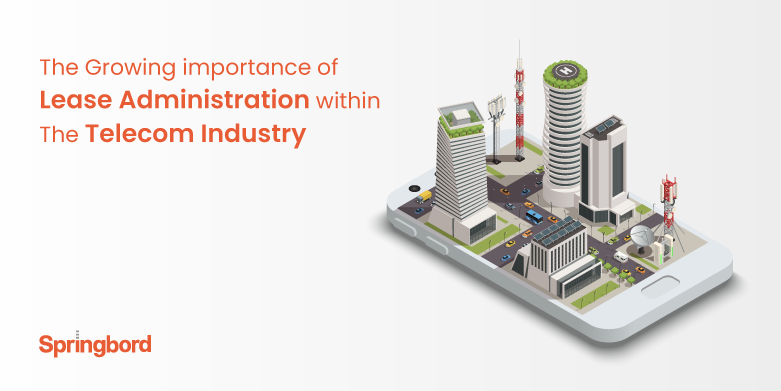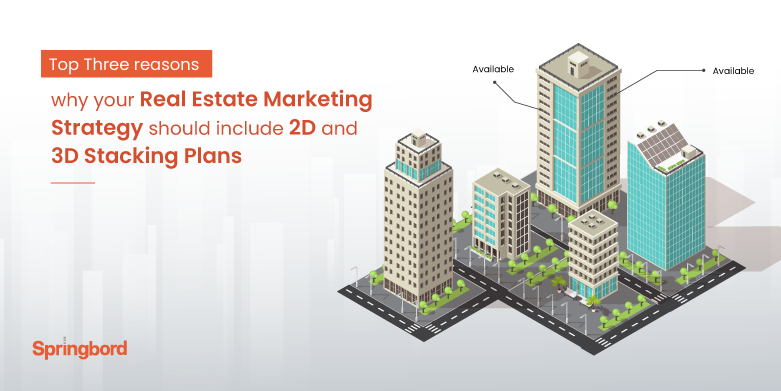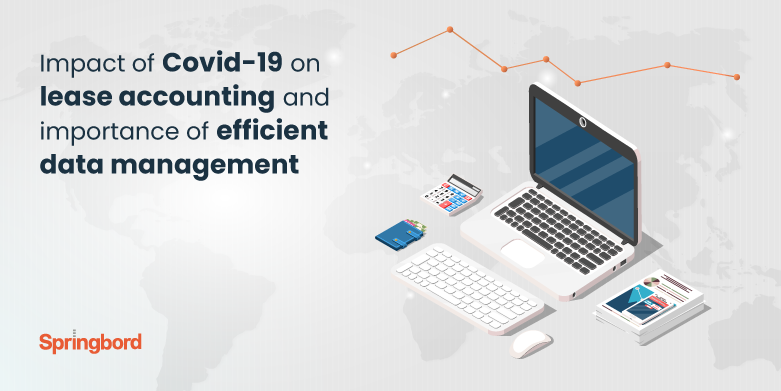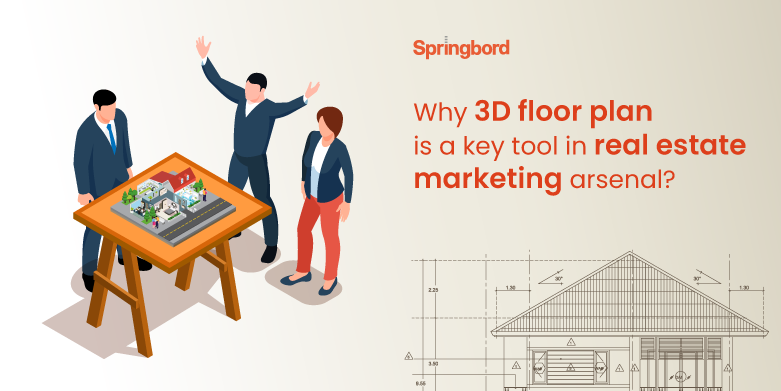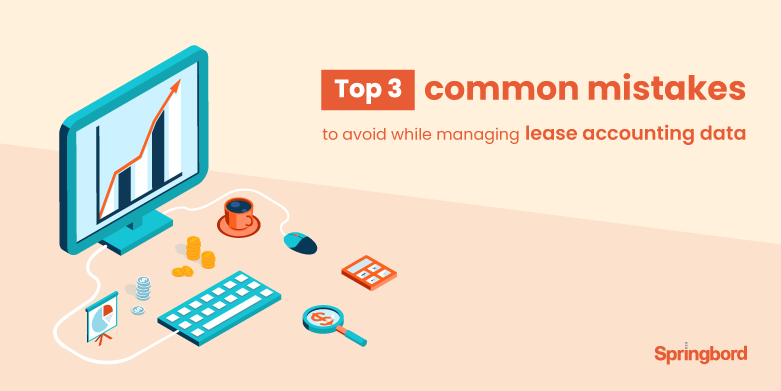The telecom industry is one of the most dynamic landscapes characterized by rapidly evolving technology and changing customer needs. To meet the ever-changing market demands, telecom companies are continually trying to expand their infrastructure. In this effort, leasing has emerged to one of the sought after strategies. But this has brought in added challenge. Organizations
The new lease accounting regulatory standard issued by Financial Accounting Standards Board (FASB) and the International Accounting Standards Board (IASB) has put companies under immense pressure. The accounting rules are extensive and complex, making it a daunting task for business who are scrambling to adjust to the new mandates. According to a PWC survey, the
Introduction: Real estate business is an eyeballs business. No client would part with their funds without ensuring that the house of their dreams or commercial property of their choice is exactly the way they have envisioned it. Real estate players are coming up with innovative ways of showcasing their inventory and stacking plans are just
How real estate outsourcing services can help property management companies better focus on re-entry
As more countries and states slowly continue to reopen and organizations prepare to return to work, property management companies have got herculean work cut out for them. The pre-coronavirus work/office spaces now need to be completely reimagined in order to ensure social distancing and comply with new health and safety mandates. The path to recovery
While COVID-19 has disrupted the world in ways that no one could predict, it has had a different and deeper impact on ecommerce players thrusting them into newer partnerships, networking and mutual responsibility and growth. As this trend continues to accelerate, new standards of performance, excellence and value creation is redefining the landscape. With global
The coronavirus pandemic has dramatically impacted business operations around the world significantly altering financial disclosures, forecasts, and reporting processes. It has had a major impact on lease accounting particularly, the assessments and assumptions that were previously valid may no longer hold. This is making lease data management and accounting a herculean task further compounding the
The real estate industry is rapidly embracing digital technology to advance and amplify their architectural processes and marketing activities. Given the intensifying and aggressive competitive landscape, the process of marketing and selling a real estate property has undergone a complete shift in the last few years. As more and more virtual and 3D technology find
Common area maintenance (CAM) charges play a key role in the upkeep of the commercial property. CAM fees, as known, as charges passed on to the tenants by the landlord that accounts for the operating expenses of a property. Typically, CAM charges are in Triple Net leases, that also includes property taxes and insurance. CAM
Ensuring compliance with FASB ASC 842 and IFRS 16 the new lease accounting standards entails a lot of effort and processes. While most of the companies especially with extensive lease portfolio have increasingly chosen to implement software solution to streamline, manage and maintain lease data, there still remains data gaps. The new regulation places a
It is an era of abundant choices and rapid consumption, shoppers demand a plethora of options before making the final purchase. As a result, eCommerce retailers are under continuous pressure to add and update their catalog to keep pace with consumer demand and stay competitive. A great catalog is invaluable for ecommerce players and key


